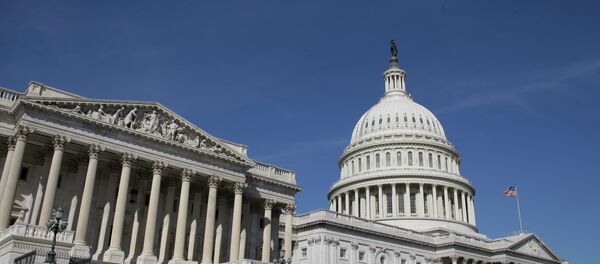"Government-wide, improper payment estimates totaled $124.7 billion in fiscal year 2014, a significant increase of approximately $19 billion from the prior year's estimate of $105.8 billion," the GAO release, issued on Monday, said.
Three major programs accounted for $80.9 billion in improper payments, or approximately 65 percent of the total, including Medicare, Medicaid and the Earned Income Tax Credit program, according to the GAO release.
GAO reported that it identified as a "material weakness in internal control" the federal government's inability to determine the full impact of improper payments along with its failure to ensure the implementation of corrective actions.
Strategies for reducing improper payments, according to the release, include analyzing the root causes of these issues and developing strong preventive controls.
According to the GAO, recent laws and guidance support some of these strategies, including the Do Not Pay initiative, a web-based, centralized data-matching service that could help prevent certain improper disbursements.
The GAO is an independent, nonpartisan agency that works for the US Congress and investigates how the US federal government spends taxpayer dollars and determines if government policies are meeting objectives.




